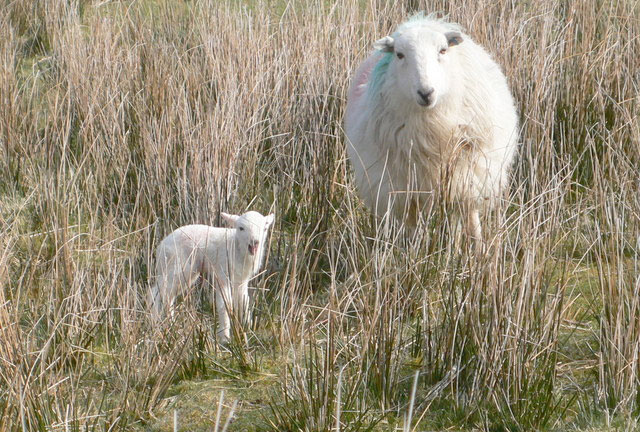
According to the NADIS Parasite Forecast, the spring season from April will bring high parasite risks for sheep and cattle, particularly affecting new-borns and the very young.
The forecast, sponsored by Merial Animal Health, delivers warnings to sheep and cattle owners about the risks due to the severely cold weather seen so far this year.
To prevent the high risk of disease due to infection with nematodirus in sheep, farmers are urged to avoid grazing lambs on pastures previously used for young lambs during 2012. There is an increased possibility of disease following the colder February conditions, which are similar to those seen in 2010 which resulted in a high incidence of nematodirosis.
Farmers are also advised to treat lambs to prevent parasitic gastroenteritis, which could become a problem should the weather prove wet during the spring/summer.
Fiona MacGillivray from Merial Animal Health said: “Dosing ewes around lambing will help to reduce the number of worm larvae on the pasture; however this dosing needs to be targeted, leaving at least 10% of the flock untreated.”
Liver Fluke is also a continuing concern following the wet weather experienced in 2012. Farmers are urged to follow a treatment programme as agreed with their vets and animal health advisers.
Sheep and cattle should be monitored for fluke infection and, if required, dosed to remove the adult stages of fluke which may be causing signs of chronic disease at this time of year. After cattle are turned out there is a possibility of new infection from pasture. Therefore, a treatment should be considered ten to twelve weeks after turn-out.
NADIS has also issued a warning for coccidiosis, which is a significant risk for newborn lambs.
